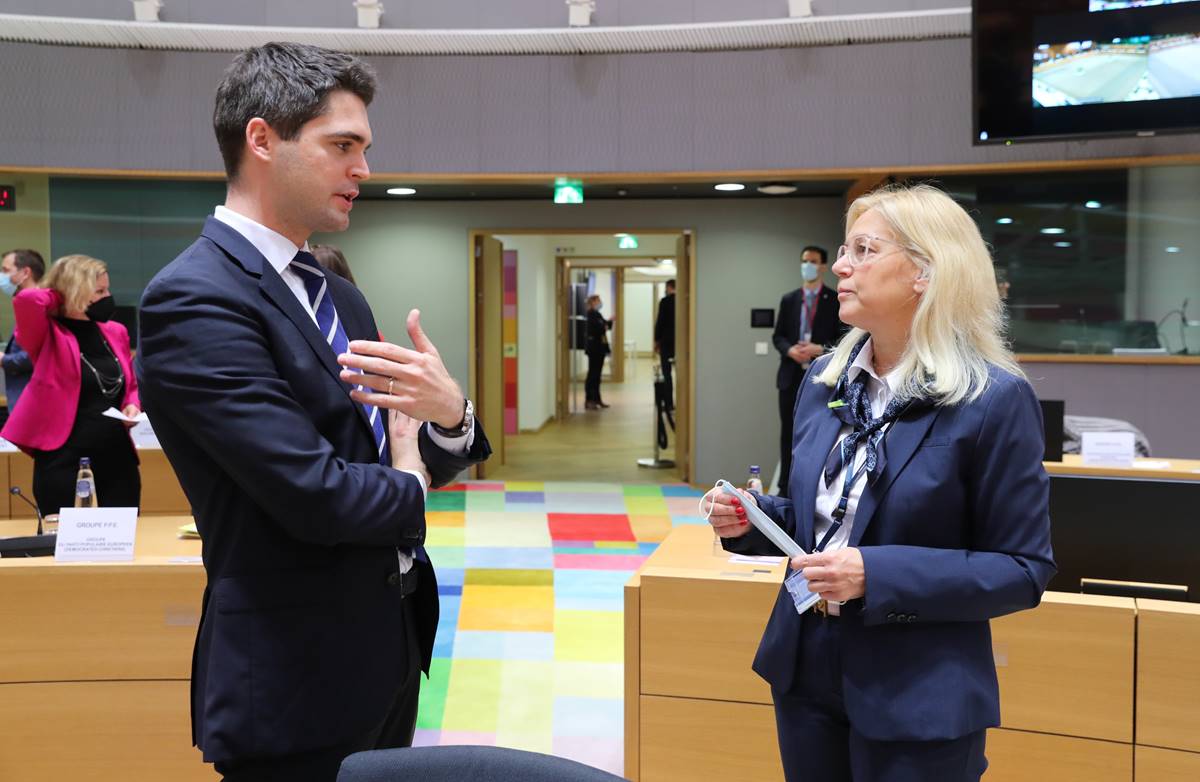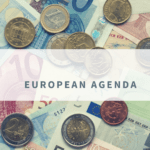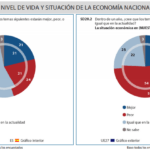The Economic and Financial Affairs Council (ECOFIN) is responsible for EU policy in three main areas: economic policy, taxation issues and the regulation of financial services.
How does Ecofin work?
The Ecofin Council is made up of the economic and finance ministers from all member states. Relevant European Commissioners also participate in meetings.
There are also specific Ecofin sessions, attended by national budget ministers and the European Commissioner for financial programming and budget, to prepare the EU’s annual budget.
Ecofin meetings generally take place once a month.
About economic and financial affairs policy
Eurogroup
The Economic and Financial Affairs Council, commonly known as the Ecofin Council, is responsible for:
- economic policy
- taxation matters
- financial markets and capital movements
- economic relations with countries outside the EU
It also prepares the EU’s annual budget and takes care of the legal and practical aspects of the single currency, the euro.
The Ecofin Council:
- coordinates member states’ economic policies
- furthers the convergence of their economic performance
- monitors their budgetary policies
It also coordinates EU positions for international meetings, such as the G20, the International Monetary Fund and the World Bank. It is also responsible for the financial aspects of international negotiations on measures to tackle climate change.
Slovenia’s presidency priorities and programme
During their presidency, in the second half of 2021, Slovenia will strive to actively contribute to strengthening the EU’s resilience to health, economic, energy, climate and cyber crises. The presidency programme focuses on four main priority areas, which are in line with the goals of the EU’s strategic agenda:
- the EU’s recovery, resilience and strategic autonomy
- a reflection on the future of Europe
- the European way of life, the rule of law and European values
- increasing security and stability in the European neighbourhood
For more details on the priorities of Slovenia’s presidency in each policy area, please consult the full programme:







Leave a Reply